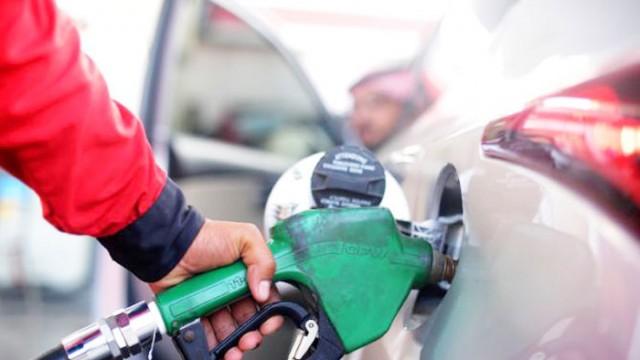
Up to 50% hike in fuel prices from today
The Council of Ministers on Monday decided to increase petrol prices by more than 50 percent for some products from Tuesday.
The price of lower-grade petrol (Octane 91) for a liter was increased to 75 halalas from the current 45 halalas, a 67 percent rise, while the price of higher-grade unleaded petrol (Octane 95) was hiked to 90 halalas from 60 halalas, a hike of 50 percent.
Prices will also increase for electricity, water and sewage, diesel and kerosene, the Saudi Press Agency reported quoting a Cabinet statement.
Saudi Aramco said in a statement it was immediately closing petrol stations until midnight on Monday, when it will resume sales at new prices.
According to the Cabinet decision, prices of natural gas, kerosene, Arabian light and heavy crude oil, heavy fuel oil, ethane, and butane have also been revised. The new prices for these products will be effective from Jan. 11 (Rabi Al-Thani 1).
The Cabinet also approved revision of electricity tariff. Electricity charges for kilowatt-hours for residential sector are the following: 1-2000: 5 halalas; 2001-4000: 10 halalas; 4001-6000: 20 halalas; and 6001 and above: 30 halalas. The prices for commercial, agricultural, and government sectors as well as charity and cooperative societies and organizations have also been revised. For commercial sector, the revised tariff is 16 halalas for the category of 1-4000, 24 halalas for 4001-8000 and 30 halalas for above 8000. For industrial sector the average tariff is 18 halalas while for the government sector the revised tariff is 32 halalas.
Water tariff has also been revised after linking it with sewage services for residential, commercial and industrial sectors. If the water meters are common for residential units or commercial shops or industries, the tariff for consumption of each will be counted separately.
The Cabinet also decided to launch a full-fledged national program for rationalization of energy products and water through review of prices of these products and follow up their implementation. There will be an executive committee for the program and it will comprise representatives of 13 bodies, including ministries and major government organizations. The committee will submit its report to the King, containing the regulations and procedures for carrying out the program.
The Cabinet also took another decision with regard to the air travel of civilian and military officials. First class travel is allowed only for officials with the rank of 15 or above while officials in the ranks of 12, 13 and 14 can have business class tickets and all officials in the rank of 11 and below can avail of economy class.



























